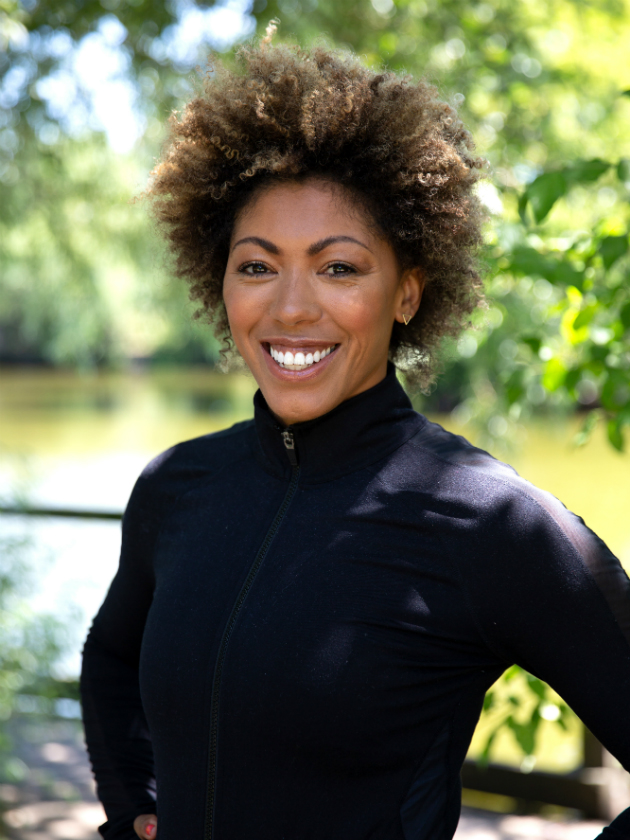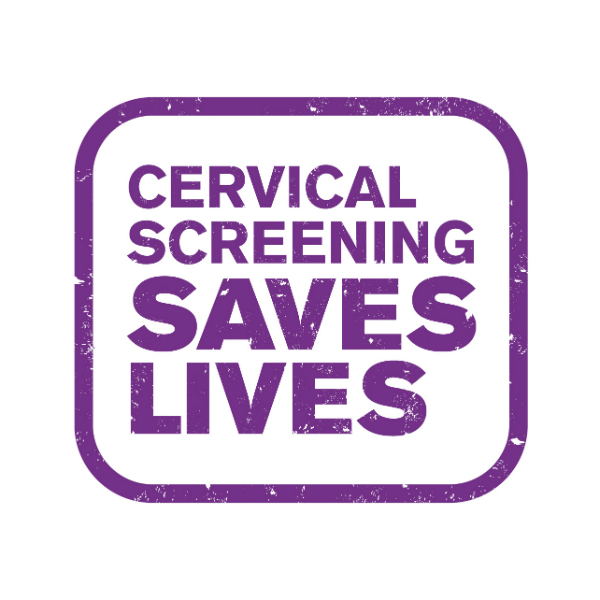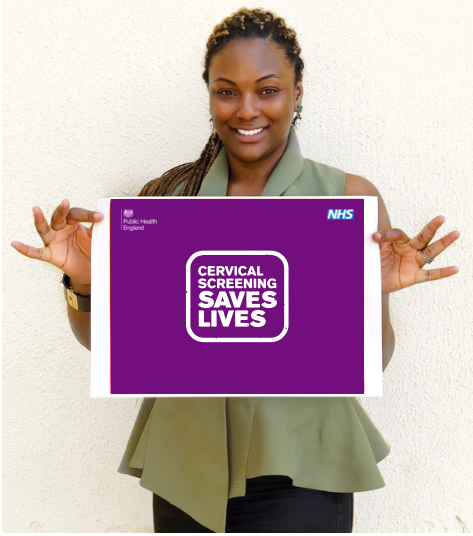As part of our Good Body issue, we at Pride want to do our part in helping women look after their health. So we chatted to Dr Zoe Williams about why cervical screening is so important and tackled some of the biggest myths about this life-saving test…
When it comes to the things on your to-do list, there are always the errands that you put off for another day that never seem to happen – like unsubscribing from an annoying newsletter, or finally clearing away those bags of vintage summer clothes. However, there’s one task that should be a priority – getting our cervical screening.
However, figures from Public Health England have shown that cervical screening is at a 20 year low. Every year, around 2,600 women are diagnosed with cervical cancer, and it takes the lives of two women every single day. Cervical cancer is one of the most preventable cancers, due to the screening programme, so why are some women not having this life-saving test? Research shows, there are some specific barriers to getting a cervical screening that affect black women and women of colour in particular. These include the belief that black women are not at risk of cervical cancer and that being screened is a sign of promiscuity. With the help of Dr Zoe Williams, we’re challenging the myths about cervical screening and making sure black women know the facts about this lifesaving test.

MYTH 1: ‘Cervical cancer doesn’t affect black women’
For various reasons, ranging from the way it’s covered in the media to whether it’s discussed widely in our social circles, some might believe that cervical cancer doesn’t affect black women. Dr Zoe Williams says this is not the case. ‘Cervical cancer like other cancers, affects people of any ethnic background, yet worryingly, many black women believe cervical cancer does not affect them,’ says Dr Zoe. ‘If everyone attended screening regularly, 83% of cervical cancer cases could be prevented.’
MYTH 2: ‘Cervical screening is a test for cancer’
Cervical screening is not a test for cancer; in fact it can stop cancer before it starts. Dr Zoe emphasises that we should think of the test as protection, rather than something to be feared. ‘As healthcare professionals we need to help women understand that cervical screening is not a test for cancer but is one of the best ways to protect you against cervical cancer,’ she explains.
Describing what actually happens as part of the test, Dr Zoe continues: ‘Cervical screening checks the health of the cervix (entrance to the womb from the vagina), by taking a small sample of cells from the cervix. Regular screening can help stop cancer before it starts, as the test identifies potentially harmful cells that can be treated to prevent cancer developing.’
Dr Zoe explains: ‘Most women’s cervical screening test results show that everything is normal, but for around 1 in 20 women the test shows some abnormal changes in the cells of the cervix. Most of these changes won’t lead to cervical cancer and the cells may return to normal on their own. But in some cases, the abnormal cells need to be removed so they don’t become cancerous.’
MYTH 3: ‘The cervical screening test is painful’
Dr Zoe provides reassurance that, ‘for the majority of women, cervical screening tests are not painful. It is important to speak to your nurse or doctor, as there are techniques that they can suggest to make you feel more at ease and comfortable. It’s important to remember that you are in control and can stop the test at any time.’ Good to know!

MYTH 4: ‘I don’t need cervical screening as I’m a virgin’
Dr Zoe explains that, ‘most cases of cervical cancer are caused by human papillomavirus (HPV) which is a common virus that 4 out of 5 (80%) of us will have at some point during our lives’. You can get HPV from any skin to skin contact of the genital area. So your risk of developing cervical cancer is very low if you’ve never had any kind of sexual contact with a man or woman. Sexual contact is not only vaginal penetrative sex, but includes oral sex, any skin-to-skin contact of the genital area and sharing sex toys. If you’ve never been sexually active, you may decide not to go for cervical screening when you are invited. But you can still have a test if you want one. Dr Zoe advises that, ‘if you’re not sure whether you need to attend when you get your screening invitation letter, talk to your doctor or nurse in complete confidence.’
MYTH 5: ‘It’s embarrassing to take my clothes off in front of the nurse’
‘If you’re embarrassed about cervical screening then you’re not alone!’ Dr Zoe assures us. She continues, ‘you can request for your test to be done by a female nurse and they will have seen it all before. You will only need to undress from the waist down and that will be in private, behind a screen. The nurse will also provide you with some paper to place over you – so everything will be covered up. You could wear a dress or skirt for your appointment, then all you need to do is take off your knickers.’
Dr Zoe makes a great point about embarrassment, saying: ‘Please don’t allow embarrassment stop you having the test. Cervical screening only lasts 5 minutes, and provided your results are clear you will only have to go once every 3 or 5 years depending on your age. It’s five minutes that could save your life.’
Pride Magazine in support of ‘Cervical Screening Saves Lives’


































































